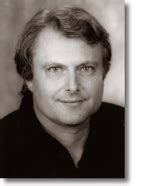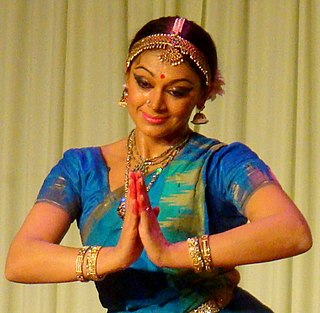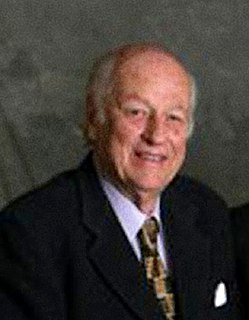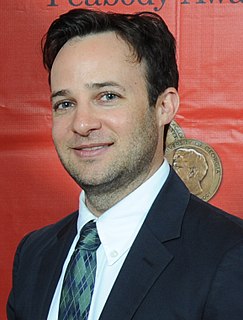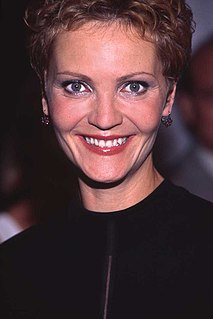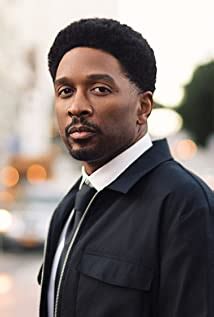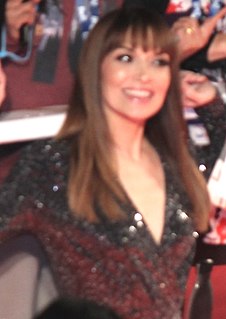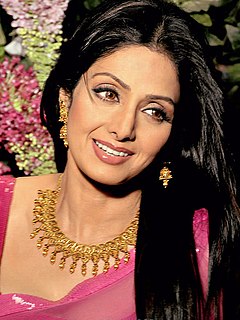A Quote by Romola Garai
I've always scribbled, and I still do it. I've written numerous scripts for films for which I think I'd be perfect as the complex, intelligent and, yes, modern heroine. Embarrassingly bad, all of them. I've had to come to terms with the fact that I'm not a writer.
Related Quotes
Everyone always asks, was he mad at you for writing the book? and I have to say, Yes, yes, he was. He still is. It is one of the most fascinating things to me about the whole episode: he cheated on me, and then got to behave as if he was the one who had been wronged because I wrote about it! I mean, it's not as if I wasn't a writer. It's not as if I hadn't often written about myself. I'd even written about him. What did he think was going to happen? That I would take a vow of silence for the first time in my life? "
As Colin Wilson has written, "modern civilisation, with its mechanised rigidity is producing more outsiders than ever before-people who are too intelligent to do some repetitive job, but not intelligent enough to make their own terms with society." Those "intelligent enough" to make their own terms with society are what we will later refer to as artists of life. The outsider views himself as a product of a culture he rejects-the artist views himself as a culture-builder.
I asked myself if I would kill my parents to save his life, a question I had been posing since I was fifteen. The answer always used to be yes. But in time, all those boys had faded away, and my parents were still there. I was now less and less willing to kill them for anyone; in fact, I worried for their health. In this case, however, I had to say yes. Yes, I would.
People think that they have no right to judge a fact - all they have to do is to accept it. Thus from the moment that technics, the State, or production, are facts, we must worship them as facts, and we must try to adapt ourselves to them. This is the very heart of modern religion, the religion of the established fact, the religion on which depend the lesser religions of the dollar, race, or the proletariat, which are only expressions of the great modern divinity, the Moloch of fact.
Many people are under the delusion that I'm just a special-effects man, but I've worn many different hats in my day. On every film I've been involved in, I worked with the writer and producer. We really formulated those scripts. We tried to make films that were logical but still had the fantasy feel of it. I enjoy Aardman Animation's films with Wallace and Gromit, but they're obvious puppet films, whereas we tried to disguise it and make our effects characters in the films rather than obvious puppets.
I had written four scripts before I wrote Recount. Each one progressed my career a little bit, but I didn't make a dime off any of them. Recount was the first thing I sold, and I actually sold it as a pitch to HBO. They bought it as a pitch, which was a miracle. I thought, "Wow, this could be the last time I'll be paid to write a script again, which would be too bad because that was an amazing experience I just had."
I don't want to be typecast as a heroine who does a certain kind of cinema, which is why I experiment with the types of films that I do. But yes, I won't deny that romantic love stories or romantic comedies are what I enjoy doing the most, because as an audience those are the kind of films that I like watching.
The perfect life, the perfect lie, I realised after Christmas, is one which prevents you from doing that which you would ideally have done (painted, say, or written unpublishable poetry) but which, in fact, you have no wish to do. People need to feel that they have been thwarted by circumstances from pursuing the life which, had they led it, they would not have wanted; whereas the life they really want is precisely a compound of all those thwarting circumstances.



